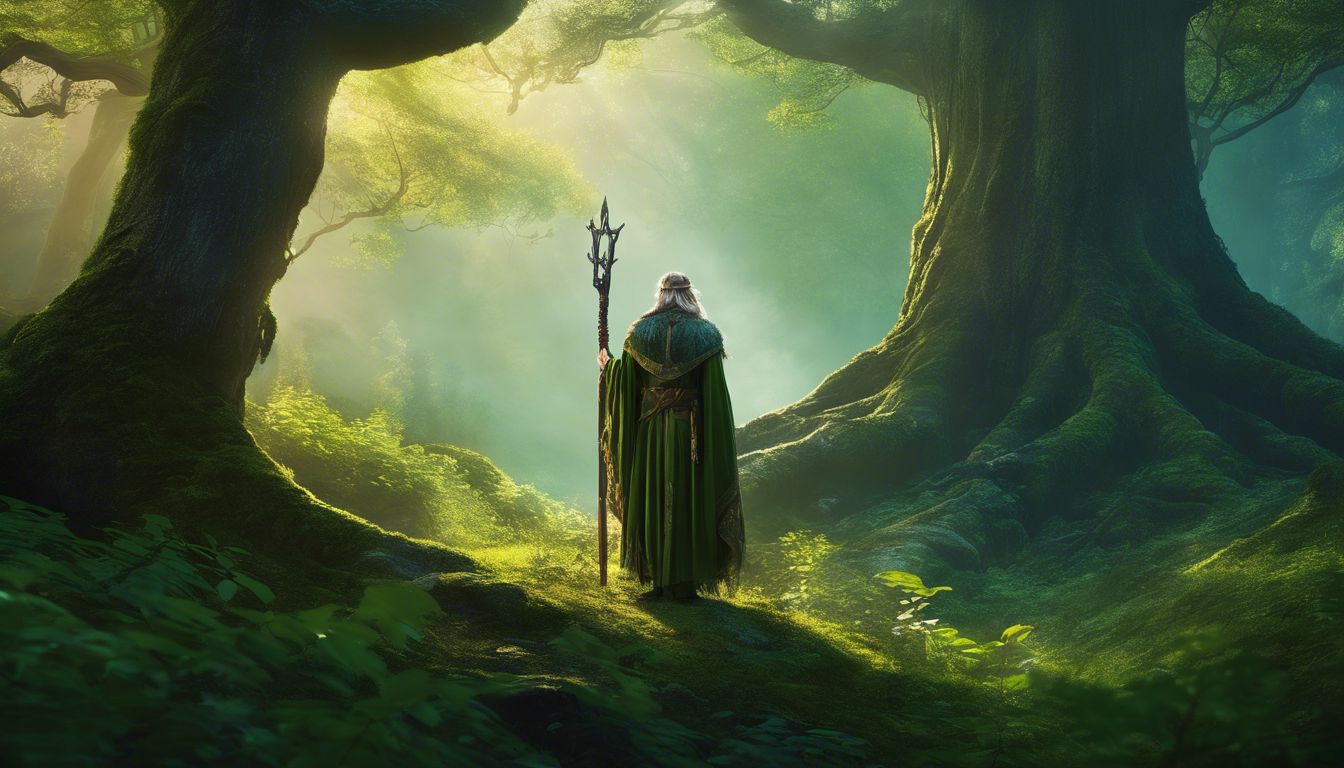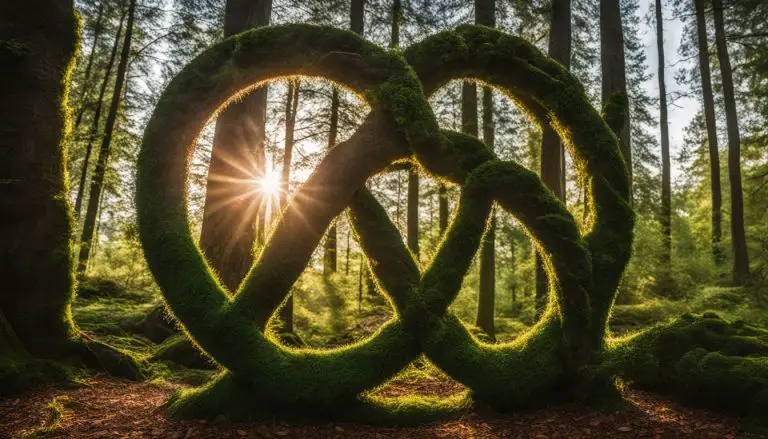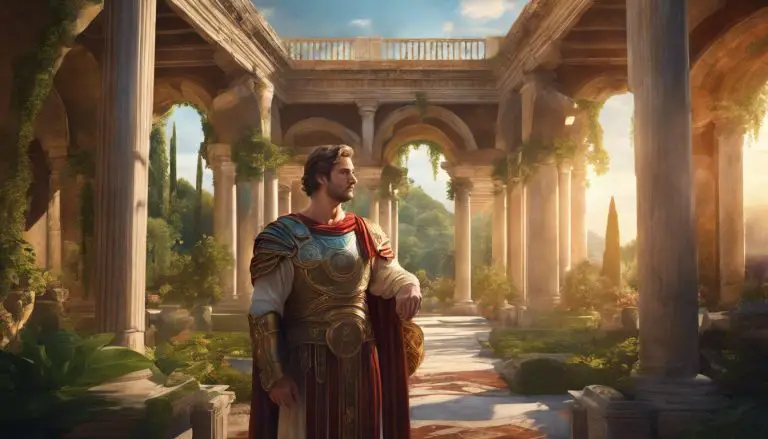What Are Druids? Exploring the History, Role, and Practices of Ancient Celts’ Learned Class
Druids were special people in ancient Celtic culture. They acted as priests, teachers, judges, and advisors. These wise men and women knew a lot about traditions and myths by sharing stories out loud.
Druids did important spiritual rituals and could tell what might happen in the future. We don’t know exactly where they came from, which makes them even more interesting.
Druids had big roles in their communities because they helped make decisions and talked to the gods for other people. Back then, the Romans thought druids were powerful enough to be a threat to their empire! As leaders who knew about religion and law, druids settled arguments between others too.
Their secret knowledge didn’t get written down much, so there’s a bit of mystery around what they actually did or believed in. Some stories say they made human sacrifices, but it’s hard to know if that’s true or not.
Long after Druidism started losing its touch when Christianity became popular.
Today, many years later, people are still curious about these ancient wise ones of Celtic lands. Folks try to figure out what being a druid really meant back then while some even try bringing old ways back to life today! Let’s explore the magic and secrets of the druids together!
Key Takeaways
- Druids were important leaders in ancient Celtic culture. They were priests, teachers, and judges.
- They received deep training but left no written records, passing knowledge by speaking.
- Druids held rituals to connect with their gods and nature.
- Their influence faded when Romans took over and Christianity spread.
- Today, some people are bringing back Druid traditions in new ways.
Who Were the Druids?
The Druids were an ancient Celtic priestly class who served as legal authorities, lorekeepers, and religious leaders. They practiced holistic medicine, performed ancient rituals, and played a significant role in Celtic society.
Definition and role
Druids were key figures in ancient Celtic culture, holding roles as priests, teachers, and judges. They stood at the top of society, wielding influence over religious and legal matters.
As lorekeepers, they preserved sacred knowledge and mythology through oral tradition because they did not write down their wisdom.
In their role as spiritual leaders, druids conducted rituals and offered guidance on all things related to the Celtic belief system. They also acted as mediators during conflicts and served as advisors to kings.
Their deep understanding of nature allowed them to practice holistic medicine alongside their duties as religious authorities.
Practices and doctrines
As the spiritual and intellectual leaders of ancient Celtic society, the Druids were deeply involved in religious practices and rituals. Their doctrines centered around a deep connection to nature, with ceremonies held in sacred groves and at natural landmarks.
They conducted elaborate rituals that involved offerings to their gods, believing that these acts strengthened their bond with the divine and ensured prosperity for the community.
Furthermore, their practices included divination through various methods like observing natural omens or interpreting dreams. The Druids also played a crucial role in preserving oral traditions by passing down myths, legends, and historical accounts from generation to generation.
The Role of Druids in Ancient Celtic Society
Druids held a high societal importance in ancient Celtic society, serving as religious leaders, advisors, and educators. They underwent rigorous training and were deeply connected to the spiritual realm, acting as intermediaries between the mortal world and the gods.
Societal importance and training
Druidic training was rigorous and involved lengthy study of oral traditions, astronomy, and religious rituals. They were held in high regard for their wisdom and served as advisors, teachers, healers, and judges in Celtic society.
The role of a druid was integral to maintaining harmony within the community, contributing to their societal importance.
Their knowledge was passed down through verbal teachings from one generation to another. As spiritual practitioners with extensive expertise in the natural world and ancient practices, they played an influential part in shaping the values and beliefs of ancient Celtic culture.
Relationship with the gods
Druids held a significant relationship with the gods, acting as intermediaries between the earthly realm and the divine. They conducted religious ceremonies and rituals to honor and appease the ancient Celtic deities, seeking blessings for their communities.
In these rituals, they offered sacrifices such as crops, animals, or in rare cases, possibly even humans. The druids’ deep connection with nature reflected in their reverence for natural elements like trees, considering them sacred symbols representing their spiritual beliefs.
Their understanding of the cosmos and celestial bodies allowed them to align their practices with astronomical events such as solstices and equinoxes, emphasizing harmony with the gods’ divine plan.
Controversies and Misconceptions Surrounding Druids
Druids have been the subject of controversies and misconceptions, including accusations of human sacrifice and a lack of written records about their teachings. These controversies have led to varied interpretations of their practices and beliefs.
Sacrifice and human offerings
The Druids were associated with sacrificial rituals and, at times, human offerings. These practices were believed to be carried out as acts of worship and in seeking favor from the gods.
Sacrifices may have included animals, crops, or even humans, reflecting the profound spiritual beliefs of the ancient Celtic culture. Though controversial today, these rites represented a significant aspect of the rituals performed by the Druids in their role as religious leaders and intermediaries between the mortal world and the divine realm.
Such practices highlight the complexity and depth of Celtic spirituality.
In ancient Celtic society, sacrificial offerings were intertwined with belief systems that viewed them as necessary for maintaining harmony within their communities and ensuring divine blessings for prosperity and protection.
Lack of written record
Druids left no written records, their knowledge and traditions were orally passed down through generations. This lack of written evidence adds to the mystery surrounding the druids and makes it challenging for historians to uncover all aspects of their beliefs and practices.
Despite this, their influence on Celtic culture is evident in ancient artifacts and archaeological findings, providing valuable insights into their role in shaping the spiritual and societal fabric of ancient Celtic societies.
The absence of written records has led to misconceptions about Druidic practices such as human sacrifice. However, it’s essential to approach these historical inquiries with critical thinking, considering the limited available sources.
The Decline of Druidism and Modern Reinterpretations
The Decline of Druidism was mainly due to the impact of Roman rule and the spread of Christianity. However, in recent years, there has been a revival and modern reinterpretation of Druidic practices and beliefs.
Impact of Roman rule
The Roman rule brought significant changes to the Celtic society, leading to a decline in Druidism. The Romans viewed the Druids as a threat and actively suppressed their influence during their conquest of Celtic lands.
With the imposition of Roman religious practices and educational systems, the power and authority of the Druids dwindled. Furthermore, as Christianity spread throughout Europe, it further marginalized Druidic traditions.
Scholars speculate that the impact of Roman rule led to the decline of traditional Druidism; however, some modern interpretations revive elements of their ancient practices and belief systems.
Revival and modern interpretations
Revival of Druidic traditions has seen a resurgence in modern times, as people seek to reconnect with the ancient Celtic practices and beliefs. Contemporary interpretations focus on shamanic rituals, nature reverence, and spiritual teachings that align with the core principles of Druidism.
Influenced by the rich Celtic history and mythology, modern practitioners incorporate elements such as herbalism, divination, and ceremonies honoring nature spirits into their revived belief system.
Modern enthusiasts are drawn to the philosophical depth and environmental consciousness inherent in Druidic traditions. Through reviving ancient customs and adapting them to contemporary contexts, individuals explore a spiritual path rooted in the wisdom and folklore of their ancestors.
Conclusion
In conclusion, the druids were a crucial and enigmatic group in ancient Celtic society, serving as priests, judges, and advisors. Their role in preserving the cultural traditions of the Celts was significant.
Despite controversies and misconceptions, their impact on Celtic history remains profound. The decline of Druidism under Roman rule did not erase their influence, as modern interpretations continue to keep their legacy alive today.
FAQs
1. Who were the Druids in ancient history?
The Druids were a learned class among the ancient Celts known for their roles as teachers, judges, and religious leaders.
2. What did Druids do in Celtic religion?
Druids performed druidic rituals, led shamanic religion practices, and helped guide the spiritual aspects of Celtic life.
3. Are there any remaining signs of druidic belief systems today?
Some modern cultures still celebrate aspects of the druidic belief system through festivals and by studying their history and role in ancient religions.
4. Did all ancient Celts follow druidism?
While not all Celts may have been deeply involved with the religion, the influence of Druids was significant across various Celtic tribes due to their knowledge and authority.







